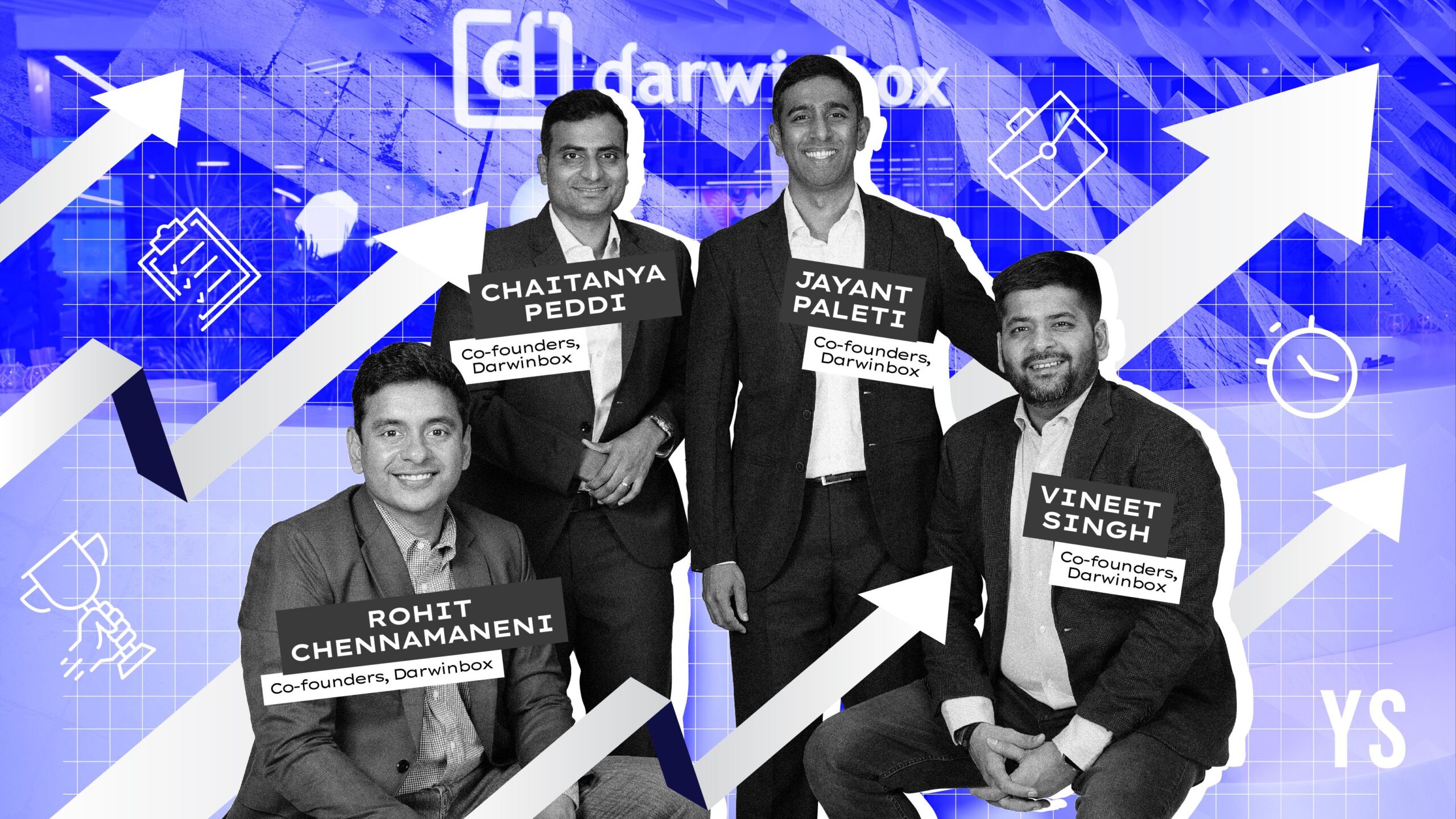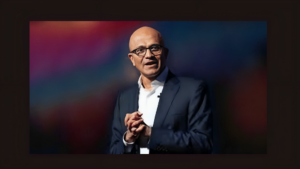The HCM (human capital management) market is highly competitive, with hundreds of companies in the space overall. However, when it comes to solutions built specifically for enterprises, the competitive landscape narrows significantly, with only five to six players.
Built in 2015 by Chaitanya Peddi, Rohit Chennamaneni, and Jayant Paleti, Darwinbox was built to compete with established vendors such and , who have long been leaders in the enterprise resource planning (ERP) and human resource management (HRM) space.
The platform, which operates as a HCM platform, provides a comprehensive suite of solutions tackling various HR needs such as recruitment, onboarding, performance management, payroll, and employee engagement.
“One of the reasons why we were able to go against the big boys and win against them was the way the product got built. We decided to build a platform rather than just a product, with our architecture being the key differentiator. It took us 18 months to develop this platform, but once completed, we were able to launch updates and modules every six months. This became our core strength,” Paleti tells YourStory.
“When we decided to build a product in 2015, we thought, “if one were to build an enterprise-grade system from the ground up, how would you build it?” he adds.
Modern tech stack
Darwinbox’s modern tech stack has allowed them to both match and surpass the functionality of older systems, and is now setting them apart in the market, according to Paleti.
The company has recently introduced several product offerings aimed at enhancing the employee experience and streamlining HR processes.
Many traditional HR systems aren’t designed to deliver insights from data; they simply store data and manage processes. Darwinbox’s offerings enable users to make data-driven decisions.
Among these is the platform’s all-in-one reporting and analytics engine that provides people with analytics tools, enabling organisations to derive actionable insights from their data.
Additionally, the company has integrated its services with Microsoft Teams, enabling HR functions to be incorporated into employees’ workflows. This integration allows employees to access HR services and information directly within the Teams app. For example, employees can send birthday wishes or apply for leave directly from the MS Teams tab, with all information flowing into Darwinbox.
Over the past two to three years, the company has also allocated a significant portion of its R&D budget to making the platform AI-ready.
The company’s latest offering is an AI virtual assistant which enables employees to get all the answers with a simple conversation and also take actions like giving real-time feedback, raising a query to HR or recognising a colleague.
“It’s a Gen-AI-powered bot. We’ve utilised foundational models, but have further enhanced them with our own HR-specific LLMs (Large Language Models). This custom trained LLM focuses on HR-related skills and knowledge, ensuring that the bot is contextualised to HR processes,” Paleti says.
The platform also supports a multi-language framework, enabling it to support both Indian and global languages such as Bahasa, Bengali, Chinese, Czech, French, German, Hindi, Malay, among others. Furthermore, Darwinbox has launched a mobile app, which is one of the most lightweight HR applications in the sector, designed for user-friendliness.
In efforts to enhance payroll management, the company has launched an advanced payroll platform featuring the RIVeR framework—Review, Initiate, Verify and e-approve, Release and Report.
“The existing payroll systems in the market needed an upgrade to meet the needs of large enterprises, which still face complexity and leakages in managing payroll. With this latest offering, organisations can now consolidate all payroll operations into a single system and dashboard, streamlining processes across geographies and involving all stakeholders,” said Chaitnaya Peddi, co-founder of Darwinbox.
“We’ve developed this new payroll platform on a powerful processing engine and reporting framework that seamlessly supports geo-specific localization. This same framework will soon be extended to other regions across Southeast Asia and the Middle East, where our customers operate,” Peddi added.
Key growth drivers
In 2022, Global HR tech platform Darwinbox more than tripled its valuation to join the unicorn club. The Hyderabad-based firm bagged $72 million in a Series D funding round— another homegrown company contributing to the trend of SaaSification of Asia.
Since then, the company has experienced a threefold increase in revenue.
YourStory exclusively reported on the company’s recent elevation of its CTO Vineet Singh as the fourth Co-founder.
Last year, Darwinbox collaborated with tech giant Microsoft to develop solutions that integrate Darwinbox’s HCM platform with Microsoft’s ecosystem, focusing on co-innovating to enhance employee experience.
“We’ve had a good journey over the past few years. From 2016 to 2019, our focus was solely on the Indian market. In 2020, we expanded into Southeast Asia, and a year later, we entered the Middle East,” Paleti says.
India continues to be one of their primary markets, though the company expanded into the US about 12-15 months ago.
“Geographic expansion has been a key growth factor, but even more so, internationalisation has driven our growth. Southeast Asia has become a significant market for us. Three years ago, we were just an India story. But we are no longer just an India story,” he explains.
Darwinbox has a robust presence in Southeast Asia, including the Philippines, Indonesia, Singapore, Thailand, and Malaysia, where it has been active for approximately four to five years. The company recently launched operations in the UK through a strategic partnership with PwC UK, further expanding its global footprint.
The second area of growth, according to Paleti, is attributed to the customer base, with the company currently serving over 900 global clients, with the largest customer base coming from the banking and finance sector. Some of its clientele includes Big Basket, More Retail, JSW, Emcure, Glenmark, , and among others.
The company has continued to broaden its offerings by incorporating new modules into the Darwinbox platform. However, with more than 15 modules added across the entire employee lifecycle in the last 5 years, the company has largely generated revenue from onboarding new customers.
In 2021, Darwinbox became the only HCM product from Asia to be featured in the Gartner Magic Quadrant on a global scale.
“Last year, 25% of our new revenue was derived from strengthening existing client partnerships, while the remaining 75% was generated through the acquisition of new customers,” he remarked.
While the company places a strong emphasis on attracting and retaining customers, it also faces its share of challenges.
“Building a globally distributed enterprise means consistently also working towards finding right people at the right time. We believe building a strong team plays a vital role in maintaining quality as one scales. In an increasingly changing world, we constantly focus on keeping our product relevant. Our modern architecture allows us to build, change, and refine our offerings as per the changing times,” he explains.





![Read more about the article [Funding alert] MSME edtech startup MSMEx raises $1M in pre-Series A from Razorpay, TNF Investments](https://blog.digitalsevaa.com/wp-content/uploads/2021/06/Imagexaur-1624001175603-300x150.jpg)




